Gavin Newsom has come under fire once again after it was revealed the governor and his state experienced a shocking $68 billion deficit in their budget.
The never-ending flow of expenses appears to have drastically affected California’s economy, with the California Legislative Analysts Office placing the blame on “severe revenue decline.”
The Golden State Suffers Like Everyone Else

California has the nation’s largest population, with nearly 40 million inhabitants. Such an exorbitant number of people has given the state one of the largest GDPs in the world.
Even though the state ranks as the world’s fifth-largest economy, they are still susceptible to the financial troubles sweeping the states. Ultimately, there are a few reasons behind the Golden State’s $68 billion deficit.
Natural Disasters Halt Tax Collection
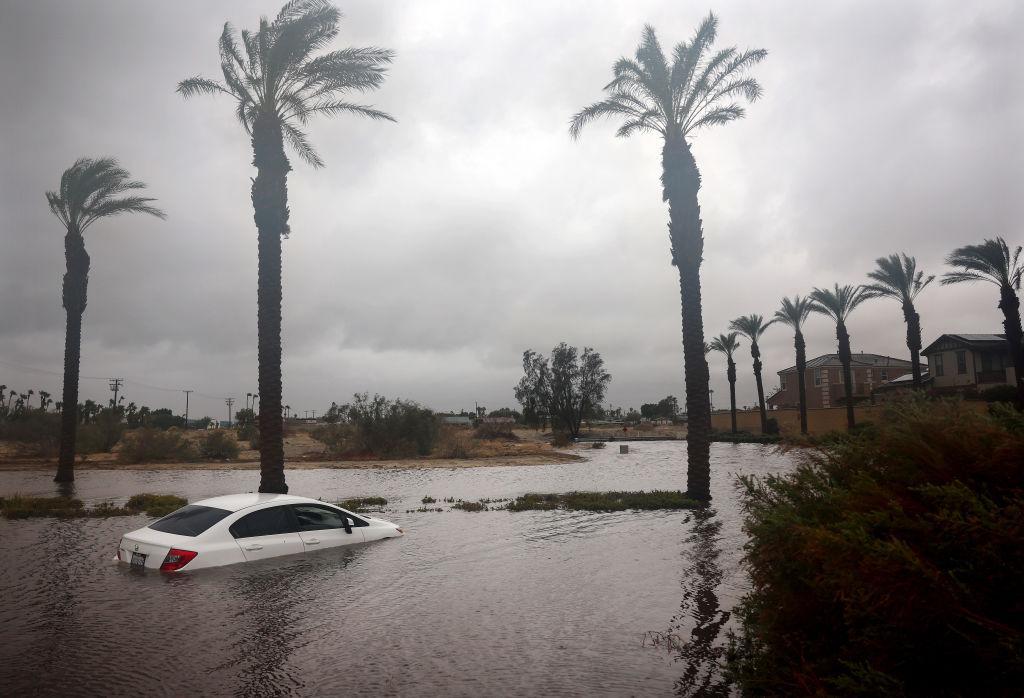
One of California’s most apparent problems stems from postponing tax payments. The IRS postponed the payment of last year’s taxes in 55 California counties to help ease the effects of recent natural disasters.
While they were initially postponed until Oct. 16, 2023, Californian businesses and individuals were later given another month to pay their taxes.
Forced to Prepare Without Figures

The tax delays forced the Californian government to prepare the following year’s budget “without a clear picture of the impact of recent economic weakness on state revenues,” said the LAO.
Speaking to Fox News, Erin Mellon, communications director for Gavin Newsom, said, “Federal delays in tax collection forced California to pass a budget based on projections instead of actual tax receipts.”
Less Tax for the Golden State
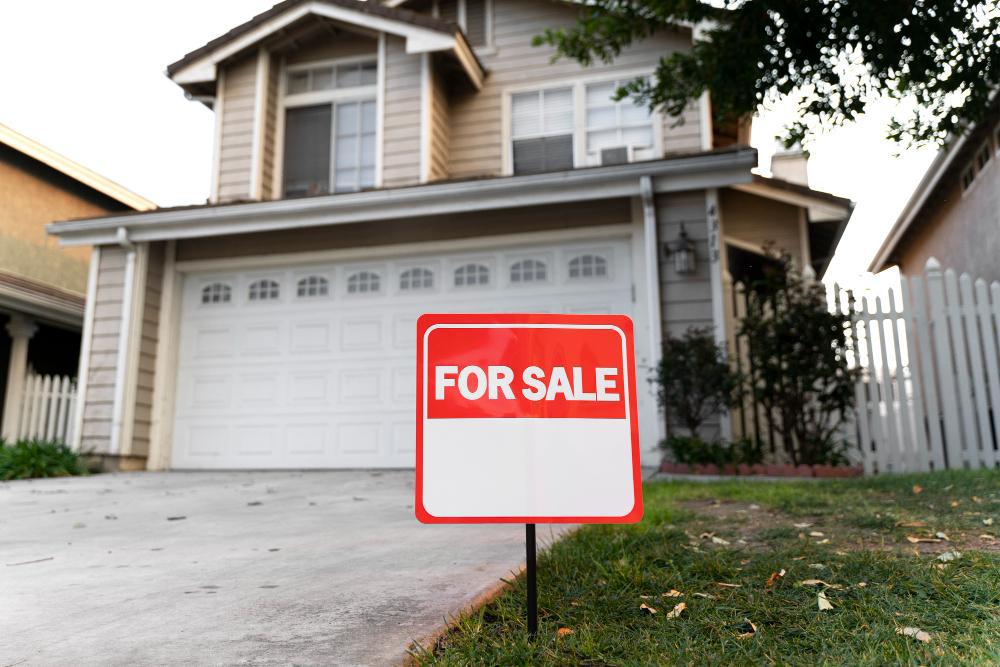
Inflation is another problem affecting the state. This has led to increased prices across the board, with everything from groceries to gas and services seeing a considerable hike.
However, this also affects those who are trying to borrow money. With fewer loans being issued, the state has seen a decrease in the number of potential jobs and new homeowners, both of which have led to fewer taxes for the state.
Carrying Forth Last Year’s Problems
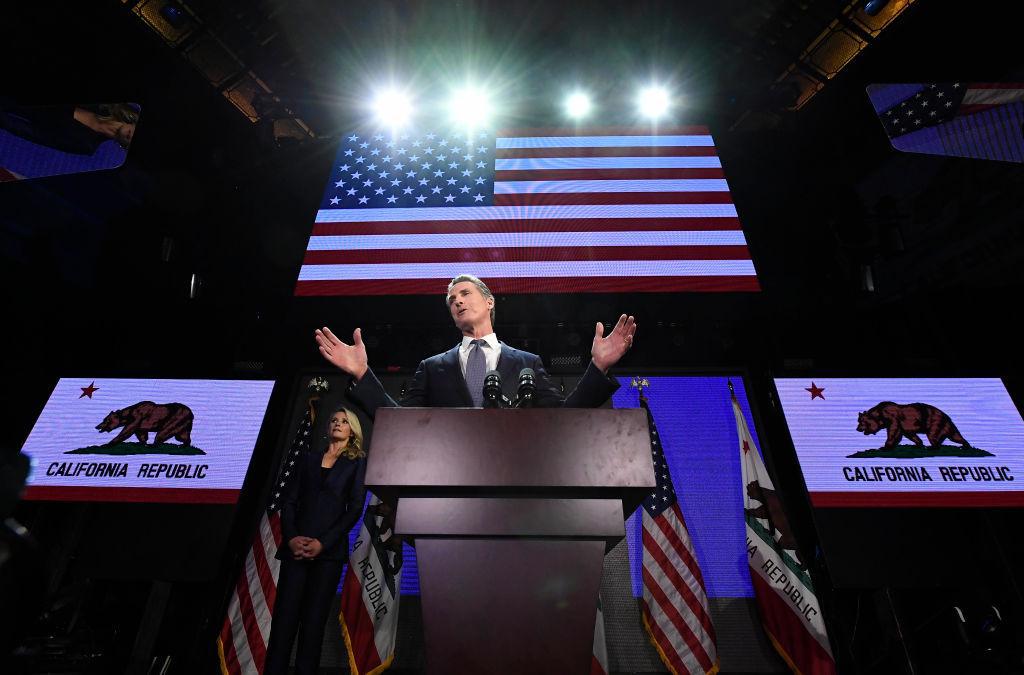
Erin Mellon explained the Californian government is now in a difficult position as it prepares to tackle the large deficit.
“Now that we have a clearer picture of the state’s finances, we must now solve what would have been last year’s problem in this year’s budget,” she said (via MSN).
Poor Estimations Played a Role in the Deficit

According to the Legislative Analyst Office, Gavin Newsom and his government drastically underestimated how much taxes the Golden State’s citizens would pay, and were off by $26 billion.
Ultimately, the poor judgment combined with a slowing of California’s economy last year, resulted in an announcement the state would likely experience a deficit of $68 billion.
Newsom Must Come Up with Major Plan
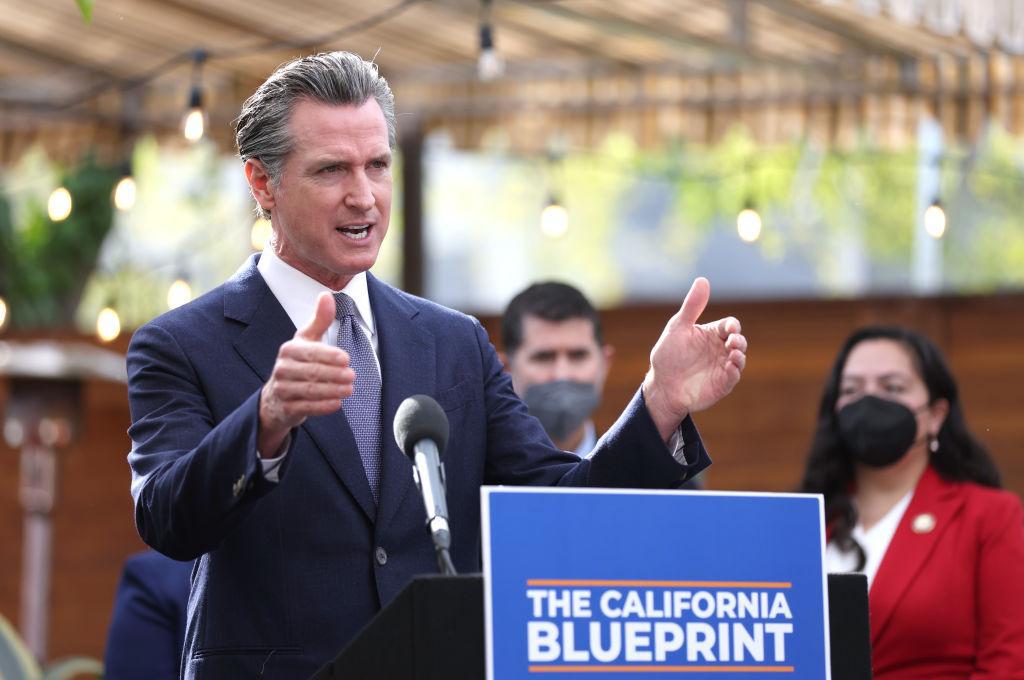
Now, Newsom and the state legislature must return to the drawing board and devise a sufficient plan to tackle the deficit.
According to the LAO, Newsom may be forced to declare a budget emergency, enabling him to withdraw over $24 billion in cash reserves.
Short-Term Solutions

Numerous short-term solutions to the enormous deficit have been proposed. One way the state could save close to $17 billion is by lowering the state’s school spending to the constitutional minimum.
Another alternative is to reduce temporary spending during 2024, which could save another $8 billion. However, both options are merely short-term and wouldn’t have any real effect on California’s long-term problems.
More Taxes Will Drive People from the State

Speaking with CBS Sacramento, Jon Coupal, the President of the Howard Jarvis Taxpayers Association, advised Newsom to be careful with plans to raise taxes as this could force more people to flee the state.
“We should be lowering taxes, making it easier for people to stay here instead of treating the working poor and middle class as just ATM machines,” Coupal said.
Republicans Foresaw the Deficit

Sen. Roger Niello is one of many Republicans who claim to have foreseen an enormous deficit for the Golden State following excessive spending from Newsom.
“Republicans cautioned that this level of spending would lead to greater deficits, and it would be more prudent to show restraint. Unfortunately, the majority party ignored those warnings,” said Niello (via CBS Sacramento).
Challenges Ahead for Newsom
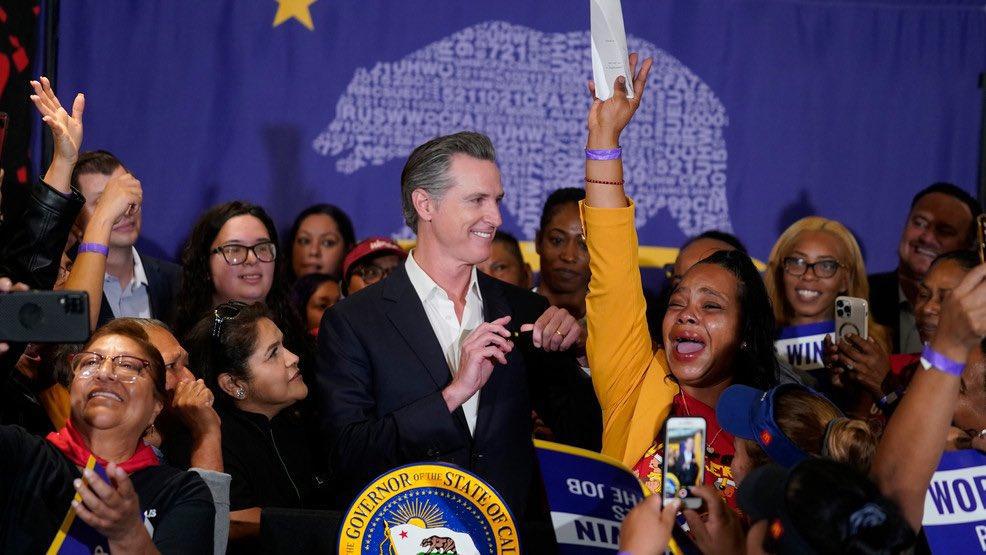
During her interview with Fox, Mellon did not give out any specific details on how Newsom and the state plan to combat the deficit.
Instead, she said, “In January, the governor will introduce a balanced-budget proposal that addresses our challenges, protects vital services and public safety, and brings increased focus on how the state’s investments are being implemented while ensuring accountability and judicious use of taxpayer money.”
